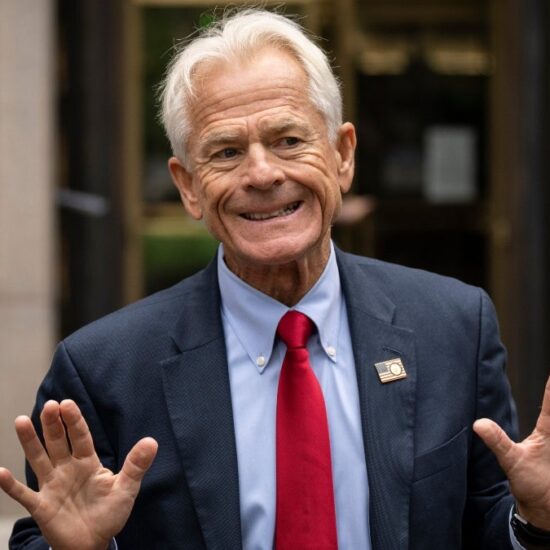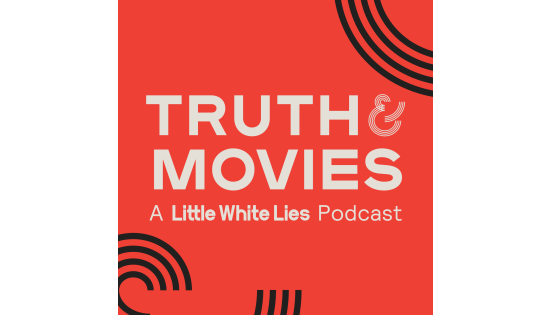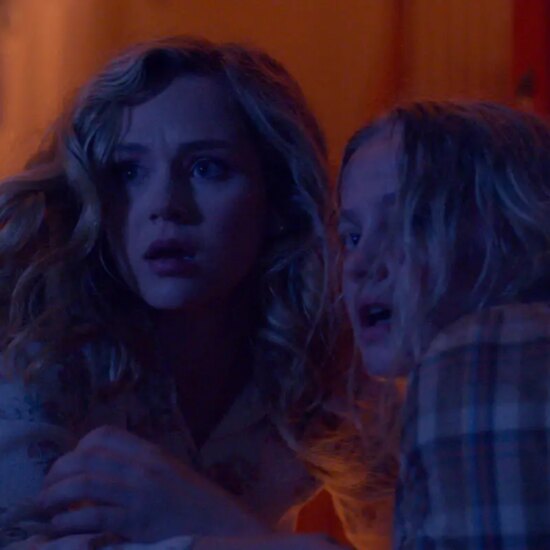
As I write these words, the United Nations Intergovernmental Panel on Climate Change (IPCC) has just published its latest report. Unsurprisingly, its predictions, like those of the previous report, are absolutely terrifying. The findings are unequivocal: If humans do not alter their current course, the world of tomorrow will be nightmarish.
But this isn’t news to anyone. The alarm about the looming climate catastrophe was sounded years ago and has been running on a loop ever since. We blithely watch the fast-approaching brick wall; we are paralyzed like the proverbial deer in the headlights.
This widespread apathy—at first individual and then collective—is what, in large part, motivated me to make the film essay White Noise. Given the scientifically backed understanding of how our actions are undermining our world’s equilibrium and threatening our extinction, how can we, as a species, not revolt against it? Not to mention the inconceivable list of harms that humans have inflicted on the other animals and plants with which we share this living space that is planet Earth.
From a practical standpoint, we need to develop a comprehensive program of action. Indeed, plenty of valiant people in various fields are working to do just that. And while their discourse has become increasingly audible in recent years, it does not seem to have reached the ears of the dominant political class, which does not grasp—or simply does not wish to understand—the gravity of the situation. Like everywhere else, here in Canada our political leaders are incapable of legitimately embodying the kind of change that might save the future and spare individual people from carrying, alone in the isolation of their individuality, the burden of a collapsing world.
We have come to an impasse. Every day, though we try not to close our eyes from fatigue, jadedness, or merely indifference or oversight, drowning as we are in the buzz of pointless distractions and the mechanical motions of everyday life, we march ever closer to a darkening horizon.
What can we do with all this looming over our heads? And, in my specific case (which brings me to the purpose of this post), what can cinema do? Even asking the question sounds ridiculous to my ears. Making a film in these circumstances sometimes feels like Nero fiddling while Rome burns. Even more so since the ability to reflect on the issue by way of an artistic process seems the height of privilege, in contrast to the extremely dire situation in which most people on the planet find themselves. At some point, a more critical debate on this subject will have to be heard. Because contrary to what most people believe, the responsibility for climate change is not borne equally by every person on Earth—far from it. Humanity, in and of itself, did not magically produce this destruction; rather, it was brought about by the inequitable organization of life on Earth, produced by a predatory capitalist system (and its lackeys) that favours some and exploits others. I am referring here to the idea of combining the climate crisis with the class struggle. But that’s another story. Back to the film.

White Noise grew out of these very reflections. That feeling of being at an impasse probably also explains the film’s maximalist and somewhat “punk” style (the movement’s inherent “No Future” viewpoint being not very far away). Its thematic and formal elements (POV shots creating a fragmented, tunnel-vision view akin to a video game, infrared camera shots that transform people into zombies, elements borrowed from the “flicker film” and horror genres) converge on this sense of “no way out,” but also of great anger.
The film is a journey of despair. But it is also one of a yearning for revolution. I am aware that we must not paint everything black. Humanity has the fascinating ability to bounce back from great tragedy. And history shows us that it can also produce the unexpected and unhoped for (a bifurcation, as philosopher Bernard Stiegler would say). I am also aware of the humility necessary when undertaking a film like this. We must remind ourselves that it’s just a movie, after all. Which is not true of our day-to-day lives.
I am reminded of a maxim by Gilles Deleuze:
“There’s no need to fear or hope, but only to look for new weapons.”
Watch White Noise:
White Noise, Simon Beaulieu, provided by the National Film Board of Canada














